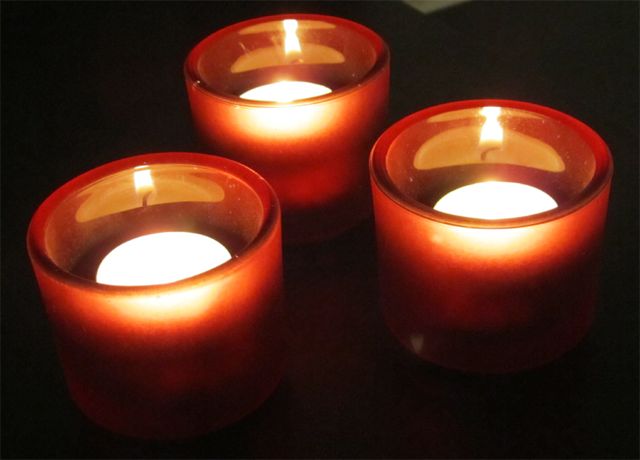Category: Depression
-

How to Expose Covert Abuse, Coercive Control and Gaslighting
The red-flags for covert abuse, coercive control and gaslighting in a toxic relationship usually take time to notice. We enter into coupledom in a state of vulnerability, with an open heart, and assuming our partner has the best intentions. When things go wrong, we might blame ourselves or start thinking we are unwell. Then we…
-

How to Reduce Rumination and Stress by Doing More and Thinking Less
Ruminating. Catastrophising. Panicking. All describe the breakdown of logical reasoning that happens when we are in such a state of anxiety that our thinking is paralysed. So how is it possible to stop going over and over a source of worry? The answer to reduce rumination isn’t more thinking, it’s more doing. Why Can’t I…
-

Keep Your Head: Managing Mental Health During Coronavirus in Sweden
Mental Health has become a buzzword expression around the world since the COVID19 pandemic began. When regulations and public health advice keeps us socially distant, how can go about managing mental health during Coronavirus to keep it together? The coronavirus COVID-19 is a source of stress for many English speakers in Sweden. While health authorities…
-

Life Coaching in English to Turn Your (Swedish) Life Around
Not adjusting to life in Sweden? Worried about your mental health? Can’t concentrate and think you have ADD or ADHD? Struggling with the winter? Don’t let the darkness, Snökaos (snow chaos) or winter blues drive you to depression. Whether you choose to do it in-person or by webcam, you might just need a few sessions…
-

Therapy for a Broken Heart, Separation or Relationship Breakdown
How do you overcome a relationship breakup? Dealing with heartache. Coping with rejection. Recovering after splitting up. These are subjects about which I am regularly consulted as an English speaking therapist in Stockholm. And I wish there was a simple solution that worked for everyone. The good news is that most people find it helps…
-

Walking Talk Therapy for Mental Health in English in Stockholm
The advantages of counselling and therapy shouldn’t just be psychological. Walking while talking is a new approach to talk therapy that benefits the body as well as the mind. As a therapist who personally enjoys exercise and the positive effects of movement, I was not surprised when I read in the Sydney Morning Herald about…
-

Can Depression that Started in Sweden be Treated with Exercise?
Improvement to mood is one of the most obvious effects of exercise. But can exercise actually be used as a treatment for depression? An article recently featured in the Stockholm daily newspaper Dagens Nyheter says it can. Jill Taube, a Swedish psychiatrist, has written a book about how exercise can help to cure mental illness.…
-

Therapy for Winter Depression or Seasonal Affective Disorder (SAD) in Stockholm
Depression? Seasonal Affective Disorder? The cold and darkness of Sweden at the end of the year is one of the hardest issues for expats. For those of us from relatively warm countries (take note Aussies and South Africans) and others who have never lived this far north, the Swedish climate can be a real shock.…
